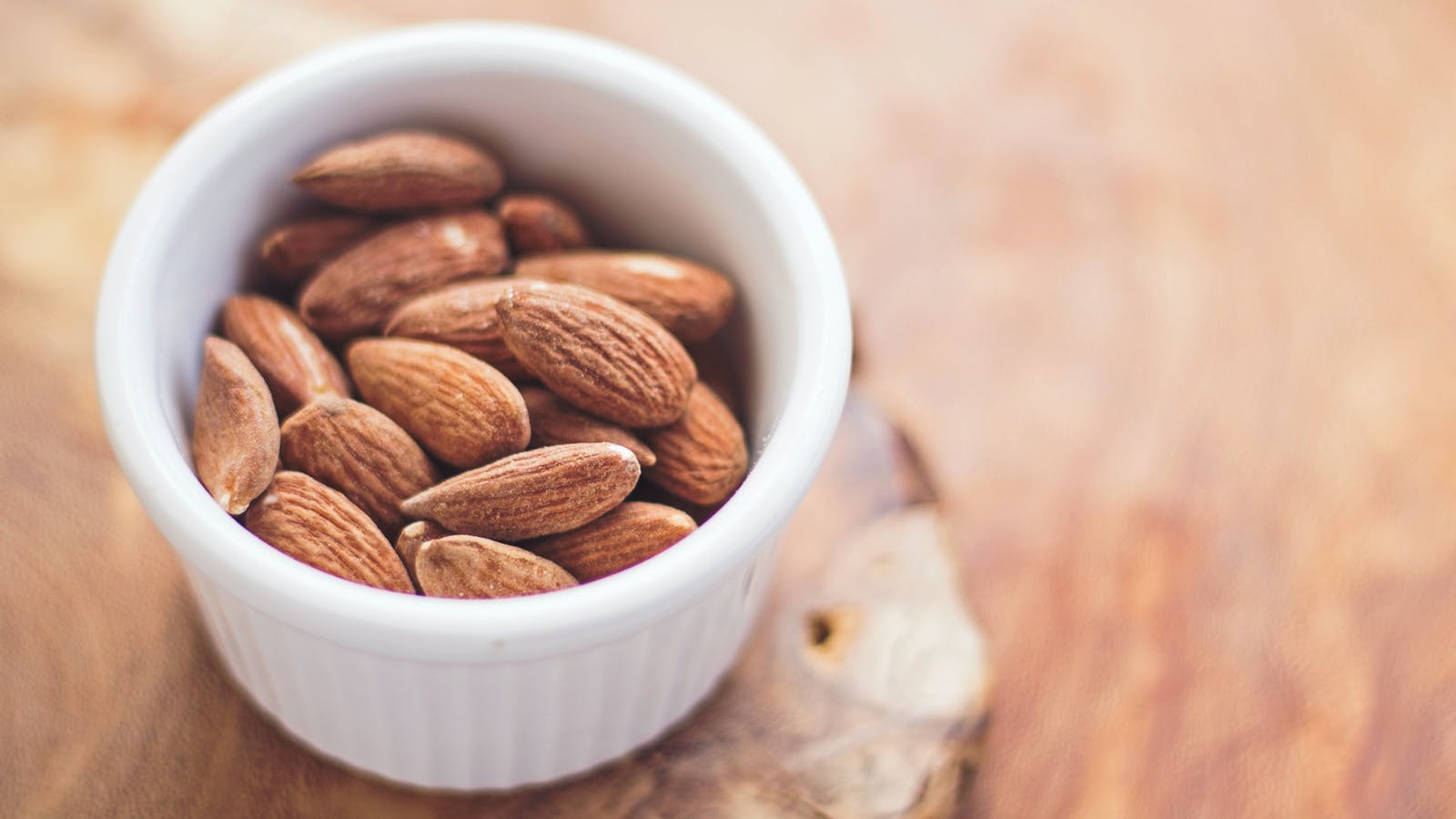Omega-3s are essential polyunsaturated fatty acids , that is to say a type of fat that our body cannot produce on its own and that we must therefore provide it, exogenously, through the body. ' food . They therefore play an important role in maintaining good health.
What are the benefits of omega 3?
- They protect the cardiovascular system: they help reduce the levels of triglycerides and cholesterol in the blood, prevent the formation of clots, have vasodilator properties and help regulate blood pressure.
- They are anti-inflammatory: they prevent excessive reactions of the immune system responsible for the state of chronic inflammation likely to deteriorate the body's tissues and cause, in the long term, certain chronic and/or degenerative cardiovascular diseases such as obesity, type 2 diabetes, rheumatoid arthritis and certain types of cancer (some studies confirm that omega-3 reduces the risk of breast, colon, prostate and pancreatic cancer).
- They have a protective effect on the brain: studies show that fatty acids protect cognitive function by promoting communication between brain cells and optimizing the function of neurotransmitters. For this reason, a deficiency in omega-3 is a real contribution to improving learning and memory functions.
- They prevent depression and anxiety disorders: they participate in the production of serotonin, the “happiness hormone” and their anti-inflammatory effect helps regulate and inhibit the immune reaction (cytokines) associated with depression.
- They improve vision: it seems that a deficiency in omega-3 fatty acids could be involved in age-related macular degeneration (AMD), the main cause of blindness in the elderly.
The best sources
There are 3 types of omega 3:
- Alpha-linolenic acid, (ALA)
- Docosa hexaenoic acid (DHA)
- Eicosa Pentaenoic Acid (EPA)
It is important to know that ALA cannot be used directly in its original form and that the body must convert it into EPA and DHA to make it more bioavailable.
- Alpha-linolenic acid (ALA) is very present in many foods of plant origin, so favor the consumption of linseed oil, rapeseed oil, camelina oil and walnut oil, and in nuts and in flax, chia and hemp seeds.
- The fatty acids EPA and DHA are found in large quantities in fatty fish - salmon, tuna, mackerel, sardines - and the yolks of eggs from hens fed with flaxseed, but also fish oil (flaxseed oil). cod liver for example).
The process of converting ALA into EPA and DHA is not always efficient, so ideally, it is recommended to consume omega-3s several times a week from various sources (fish, cod liver oil etc.).
Find our vitamin, plant and mineral formulas that contain omega-3. Our food supplements are to be taken in addition to a balanced diet.

